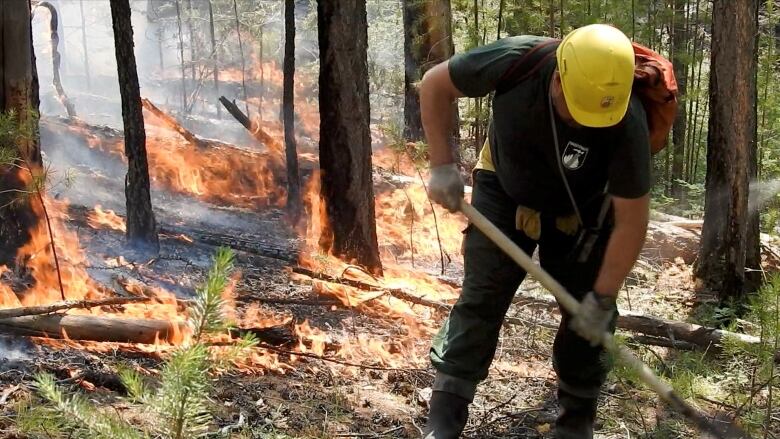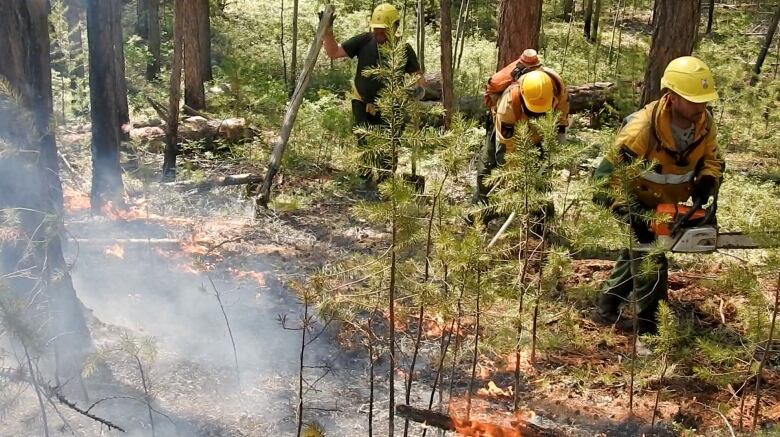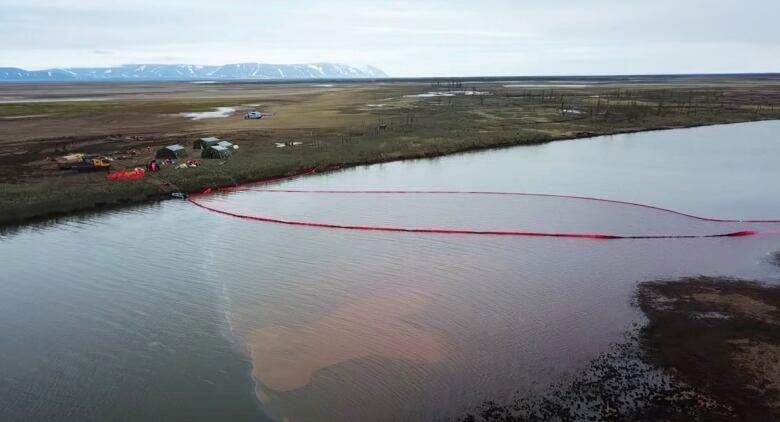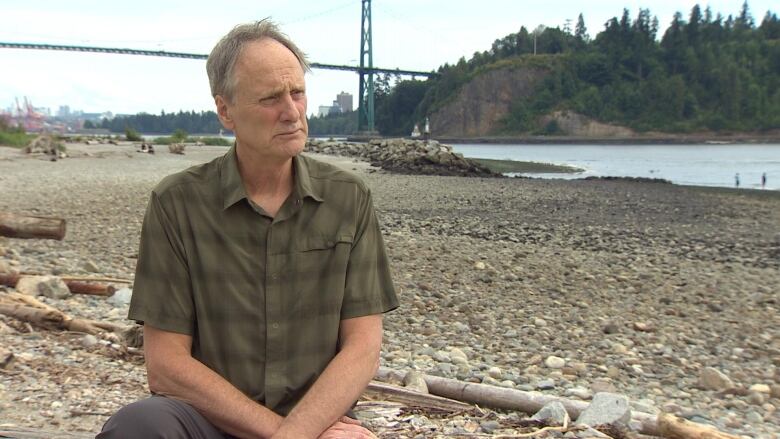As permafrost thaws under intense heat, Russia's Siberia burns again
Russia's northern landscape is being transformed by heat and fire

Right around now,University of British Columbia climatologist and tundra researcher Greg Henry would usually be up at Alexandra Fiord on the central-east coast of Canada's Ellesmere Island experiencing the Arctic's warming climate up close.
Instead,the pandemic has kept his research team grounded in Vancouver and his focus has shifted to observing the dramatic events unfolding across the Arctic ocean in northern Siberia.
"It's remarkable it's scary,"said Henry of the incredible run of high temperatures in Russia's far north that have been breaking records for the past month.
This week, a European Union climate monitoring project reported temperatures in June were up to 10 degrees higher than usual in some parts of Russia's Arctic, with an overall rise of five degrees.
The heat and dry tundra conditions have also triggered vast forest fires.Currently, 1.77 million hectares of land areburningwith expectations that the total fire area could eventually surpass the 17 million hectares that burned in 2019.
Equally striking is where the fires are burning.
"Now we are seeing these fires within 15 kilometres of the Arctic Ocean,"said Henry."Usually there's not much fuel to burn there, because it's kept cold by the ocean so you don't get ignition of fires that far north."
WATCH |Siberian heat wave, forest fires could have global consequences:
This year though,he saidthe heat has dried the ground out enough to change the dynamics.
"It's a harbinger of what we are in for because the Arctic has been warming at twice the rate of the rest of the planet."
Environmental disaster
The huge bubble of warm air that parked over Siberia has remained remarkably stationary over northern Russia, meaning Canada's Arctic has largely been spared the soaring temperatures.

"Alert, the furthest north weather station,went up to 14 or 15 degrees in mid-June when it should have been zero or two. So that may be a bit of that heat tendril dipping down," said Henry.
But in Russia,the heat wave is altering the landscape with severe implications.
In late May, extreme heat may have thawed the permafrost at an industrial site near the Arctic city of Norilsk causing what some critics are calling one of Russia's worst ever environmental disasters.
More than 20 million tones of diesel fuel escaped from a containment area and turned the water in a nearby river a deep shade of red,prompting President Vladimir Putin to declare a state of emergency.

Putin has fined the company and chastised local officials for letting the spill happen,but the damage to the polluted area may last for decades.
Fire damage
It's Russia's vast forests, however, that appear to be bearing the brunt of the damage.
"The frequencies and intensities of fires in Siberia have increased much due to climate change," said Anton Beneslavskiy,the wildfire coordinator with Greenpeace Russia in Moscow.
"On this scale,the fires are unmanageable."
Greenpeace has long argued that the Kremlin's rules and policies on fighting forest fires have made the challenges brought on by hotter,dryer weather worse.
Russia has the largest forested area in the world,much of it sparsely settled.

Beneslavskiy saida 2006 change to Russia's fire management law gave local authorities the legal right to ignore fires if there is low risk to local populations and when suppressing them makes little economic sense.
He saidthe result is that smaller fires which are initially possible to manage grow quickly to become extreme events.
'Annual catastrophe'
"This lack of will to solve the problem brings us to catastrophe every year," said Beneslavskiy.
"It's a vicious cycle. More fires produce more climate change and more climate change fuels more fire."
Editorials in local Siberian newspapers routinely call on the Putin government to put more money into the fight against forest fires. After last summer's disaster, Prime Minister Dmitry Medvedev promised to reconsider the firefighting policy.

Since then, however, Greenpeace and other local environmental groups claim there's little evidence anything has changed.
Kremlin-appointed officials insist they are throwing everything they have at containing the worst of the wildfires,with more than 1,300 firefighters and 130 pieces of equipment deployed in the Krasnoyarsk region of southern Siberia alone, according to the TASS news service.
Another report Friday on state owned NTV said local authorities plan to deploy 120 paratroop fire fighters from the air to help build fire breaks.
Russia's economy is heavily dependent on resources from its Arctic region especially oil and gas and it's the fourth largest emitter of greenhouse gases in the world,after the U.S.,India and China.
But while Russia has ratified the Paris Climate accord, it is not required to cut emissions as they are still lower than 1990 levels,when the Soviet economy was heavily industrialized.
Economic losses
The Moscow Times reports economic losses from thawing permafrost alone is expected to cost Russia's economy up to $2.3 billion US peryear. Last year's fires likely cost rural communities in the region almost $250 millionUS.

In March,Russia announced 29 measures it would be taking to try to deal with climate change over its vast landmass but critics complained the efforts have been more focused on exploiting natural resources in the Arctic than mitigating the impacts of a warming climate.
"They are actively going after every mineral and oil and gas deposit that they can," saidUBC's Greg Henry."We haven't taken that (approach) into our Arctic."
But Siberia's heat and fires as bad as they aredon'tcome as much of a surprise to veteran Arctic climate watchers.
"I've been going up since 1980,and it scares me now to see how much things have changed," said Henry.
"That is the new normal,the rapid change."













_(720p).jpg)


 OFFICIAL HD MUSIC VIDEO.jpg)
.jpg)



























































































